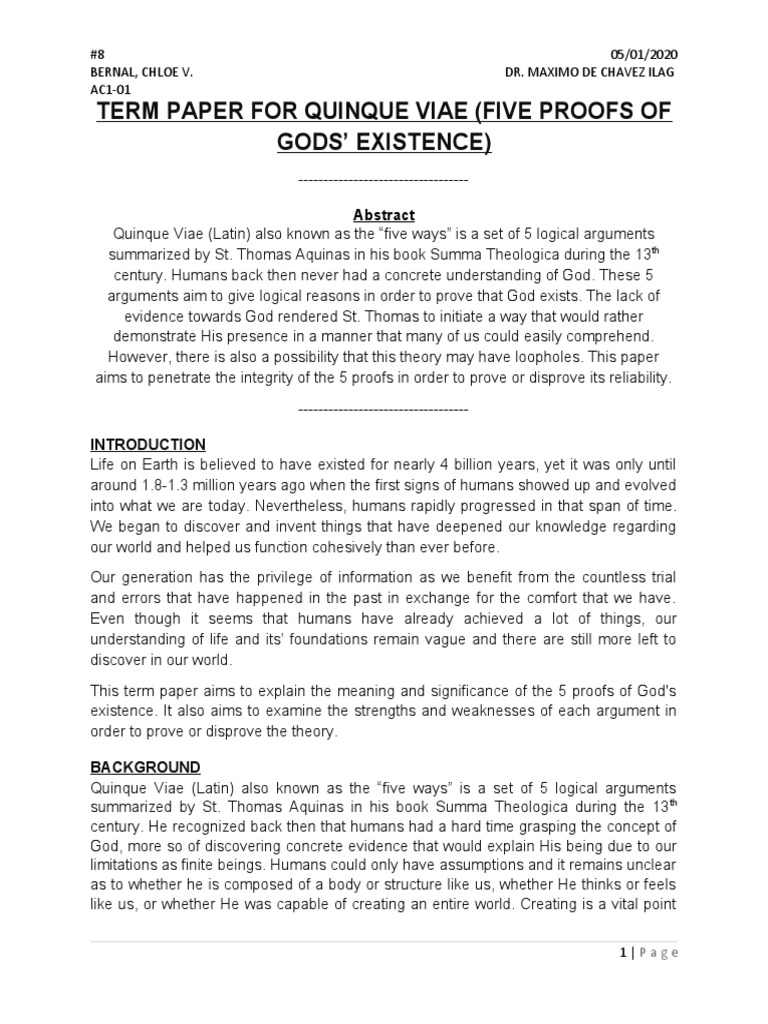In the pursuit of understanding the Divine, the Bahá’í teachings present an intricate tapestry woven from the threads of rational thought, spiritual insight, and experiential evidence. These teachings offer profound insights into the existence of God, inviting individuals to explore the depths of their own consciousness and the universe. This exploration is not merely academic; it is a transformative journey that encompasses the very essence of human existence.
At the core of Bahá’í cosmology lies the assertion that God is the ultimate source of creation, an omnipotent and incomprehensible being whose nature transcends human understanding. The metaphor of the ocean is often employed to illustrate this point: the vast depth of the ocean reflects the boundless and inscrutable nature of God, while the waves that break upon the shore symbolize the myriad revelations that reach humanity, offering glimpses into the Divine.
Proof of God’s existence can be illuminated through several lenses, providing an expansive vista for contemplation. The first of these is the purposefulness of creation. The intricate design and order found in the universe suggest an intentional Creator. Consider the delicate balance of ecosystems, the precise alignment of celestial bodies, and the profound laws of physics that govern the natural world. Each element seems finely tuned, hinting at a Mind behind the manifest universe. This perception resonates with the Bahá’í belief that nature is a reflection of the divine attributes, reinforcing the argument for a purposeful creator.
Another compelling avenue of exploration is the innate human yearning for the transcendent. Bahá’í teachings emphasize that every soul harbors an inherent desire to connect with the Divine. This spiritual longing can be likened to the moth drawn to a flame—a metaphor reflecting a deep-seated instinct to reunite with the source of all creation. The universality of this craving across cultures and epochs suggests that the existence of God is not merely an abstract concept but a profound reality that resonates within the hearts of humanity.
In addition, the historical continuum of religious revelation serves as a testament to the ongoing relationship between God and humanity. The Bahá’í perspective posits that God has consistently sent divine educators—Manifestations of God—throughout history, each revealing aspects of divine truth suited to the needs of the time. Figures such as Moses, Jesus, Muhammad, and Bahá’u’lláh, the founder of the Bahá’í Faith, embody this succession. Their teachings provide a coherent narrative that underscores the presence of God guiding human evolution. The analogy of a gardener nurturing plants illustrates this concept: just as a gardener provides what is necessary for each plant’s growth, so too does God provide the knowledge and guidance required for humanity’s spiritual cultivation.
The ability of the human mind to reason and reflect is another pillar supporting the existence of God. The Bahá’í Faith holds that reason is a divine gift that enables individuals to discern truth from falsehood. This capacity for rational thought can be likened to the compass in a sailor’s hand—while the ocean may be vast and unpredictable, the compass offers direction and tells of a guiding force. Through philosophical inquiry, individuals are invited to explore the nature of existence, ethics, and metaphysics, leading to the discovery of God’s existence through reasoned argumentation and introspection.
Furthermore, the transformative power of prayer and meditation acts as a profound evidence of God’s presence. Engaging in these practices cultivates a connection that transcends the mundane. As individuals immerse themselves in sincere communication with God, they often report experiences of divine intimacy—a tapestry of insights and sensations that reinforce their belief in a higher power. This dynamic relationship, akin to a dialogue between the seeker and the divine, epitomizes the intimate connection that is possible between humanity and God.
The experiences of mysticism further enrich the discourse surrounding the proofs of God’s existence. Bahá’í practitioners often recount personal encounters with the divine that defy logical explanation yet resonate deeply within the soul. Such experiences evoke feelings of profound peace, love, and unity with the universe, akin to a celestial symphony, where individual notes blend harmoniously into a greater whole. These moments serve as personal proof of a divine presence, echoing the understanding that such experiences are not merely psychological phenomena but indicate a deeper reality.
In addition, the ethical framework provided by Bahá’í teachings reflects the attributes of a just and merciful God. The emphasis on unity, equality, justice, and service underscores the active nature of God in human affairs. The existence of moral imperatives—the universal call to love, compassion, and justice—serves as a testament to a divine standard that transcends individual narrative and experience. This notion can be likened to the roots of a mighty tree, deeply embedded in the soil, providing nourishment and stability to the branches above while highlighting the unity of purpose in diverse expressions of faith and morality.
To encapsulate, the Bahá’í teachings present a multifaceted array of proofs and evidences for the existence of God, imbued with metaphors that invite deeper reflection and understanding. From the intricate design of the universe to the profound human yearning for connection, these elements coalesce into a cohesive narrative that speaks to the reality of the Divine. It is a journey of the heart and mind, where intellect and intuition converge, leading to a richer understanding of one’s place in the cosmos and the divine mysteries which govern existence.
